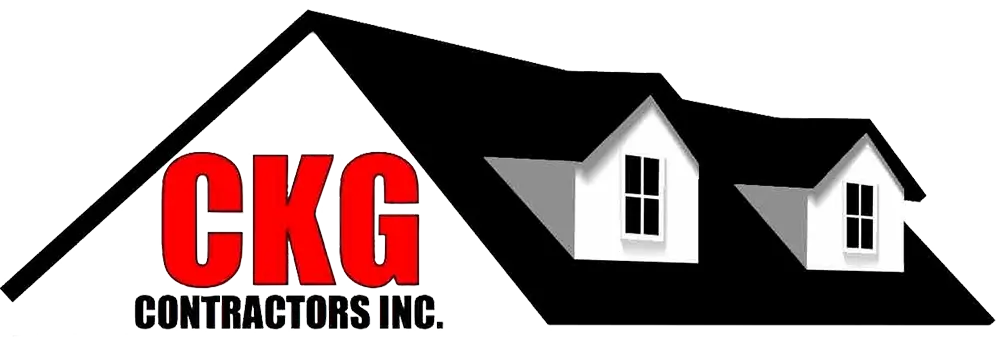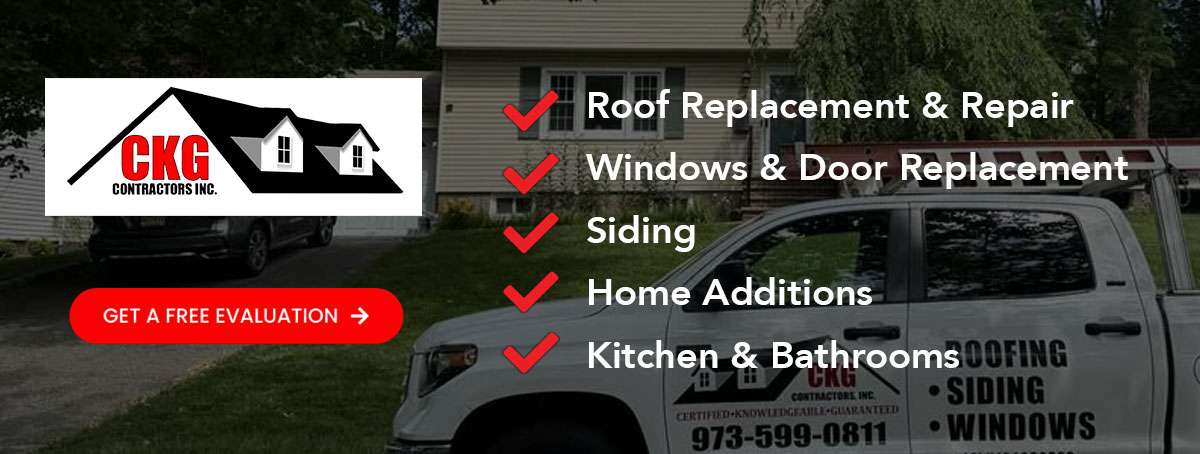
Table Of Contents:
- What Are the Key Steps in a Window Installation Checklist for NJ Homeowners?
- How Can NJ Residents Choose the Right Window Types for Their Homes?
- What Are the Typical Costs and Budget Considerations for Window Installation in NJ?
- What Are the Benefits of Hiring Professional Window Installation Services in NJ?
- How Can NJ Residents Prepare for a DIY Window Installation?
- What Are the Most Common Questions NJ Residents Have About Window Installation?
- How Do NJ Climate and Local Conditions Affect Window Installation Preparation?
- Detailed Cost and Technical Comparison Table
- Frequently Asked Questions
When it comes to upgrading your home’s windows, preparation and planning are essential to ensure a smooth and cost-effective installation process. At CKG Contractors, Inc., we understand that window replacement is more than just a home improvement project—it is an investment in energy efficiency, curb appeal, and overall comfort for your living space. Whether you need to replace old, drafty windows or desire a custom replacement that fits the architectural character of your New Jersey home, careful attention to detail can prevent costly mistakes and promote long-lasting satisfaction.
In this article, I will guide you through a detailed checklist designed specifically for NJ homeowners who are planning a window installation project. We will explore every critical step—from accurately measuring window openings and obtaining the necessary permits to selecting the window types that best suit your home’s style and climate. I’ll illustrate how you can plan, budget, and execute your project efficiently. My goal is to help you minimize risks and maximize your investment by sharing expert tips, cost considerations, and real-world examples from our extensive experience in window installation and home remodeling.
Modern window installation goes beyond simple aesthetic upgrades. New Jersey’s climate, with its mix of hot summers and cold winters, demands products that not only enhance your home’s beauty but also deliver superior energy efficiency and weather resistance. From fiberglass and vinyl replacement windows to energy star models that can significantly lower your utility bills, each window solution has unique characteristics that affect performance. With the right preparation and professional guidance, you can seamlessly integrate these systems into your home while ensuring compliance with local building codes and construction practices.
Throughout the article, I will discuss various aspects of the window installation process. You will learn how to assess your current windows, understand NJ building code requirements, calculate your project budget, and decide whether to go with a DIY approach or hire professional installers. This comprehensive checklist is tailored to NJ homeowners, offering invaluable insights specific to local climate conditions, building permits, and cost-saving strategies. Now, let’s dive into the essential steps that pave the way for a successful window installation project.
What Are the Key Steps in a Window Installation Checklist for NJ Homeowners?
For homeowners in New Jersey, a window installation checklist is the roadmap to a trouble-free and efficient project. A comprehensive checklist not only ensures that every detail is covered—from preliminary measurements to post-installation inspections—but also helps to avoid unexpected costs and delays. In this section, we will highlight the sequential steps required to prepare for and execute a professional window installation.
The process begins with measuring and assessing window openings to define the exact specifications required for new windows. Once measurements are properly recorded, you must then verify that your planned installation complies with local building codes and permits. Next, carefully prepare both the interior and exterior aspects of your home to minimize damage to surrounding areas during installation. Each step in the checklist directly contributes to quality workmanship, ensuring that your new windows perform optimally in New Jersey’s weather conditions.
How Do You Measure and Assess Window Openings Accurately?
Accurate measurements are the cornerstone of successful window replacement projects. To measure your window openings properly, you should start in the middle of the window and work your way out, taking measurements at multiple points for width and height. The most common error is failing to account for the old window frame’s irregularities or not measuring in three places (top, middle, bottom for width and left, center, right for height). This variance can cause you to order windows that are too big or too small, leading to costly adjustments or improper sealing. I recommend using a steel tape measure, double-checking all measurements, and even having a second opinion to reduce errors. Document these details along with the type of windows you currently have and any unique characteristics of the window opening, such as chamfers or offsets. Accuracy at this stage ensures that the new windows will fit seamlessly within your existing structure, maximizing energy efficiency and minimizing draft concerns.
How Do You Verify the Condition of the Window Opening?
After measurements, assess the condition of the window opening. Look for rot, water damage, or structural issues in both the frame and surrounding wall materials. Addressing these issues beforehand prevents future problems and ensures that the new windows have a stable and secure basis for installation. If repairs are needed, take note of them and include the additional work in your project budget. Homeowners should consider consulting with a window specialist or a contractor, who can detect underlying issues that are not immediately visible. Doing so guarantees that your replacement windows are installed on a sound structure, reducing the risk of moisture infiltration or thermal inefficiency over time.
What NJ Building Codes and Permits Are Required for Window Installation?
New Jersey homeowners must navigate local building codes and secure the necessary permits before any window installation begins. Codes are in place to ensure that new installations meet standards for energy efficiency, safety, and structural integrity. Generally, a permit is required when the replacement involves changes to the framing structure or impacts the building envelope. Codes may also specify requirements for egress windows in bedrooms or certain modifications in historic districts. It’s essential to contact your local municipal building department or a certified contractor, such as those at CKG Contractors, Inc., to help interpret the codes. This diligence not only ensures compliance but also avoids fines and delays in your project timeline. Proper permits and adherence to local codes enhance home resale value and ensure that your investment is secure from both a practical and legal standpoint.
How Should You Prepare Your Home Interior and Exterior Before Installation?
Preparing your home for window installation involves several critical steps that protect both your property and the installation team. Inside your home, clear the window areas of all furniture, drapes, and obstructive items. Cover floors and other surfaces with protective material to avoid damage from tools or falling debris. Externally, consider protecting landscaping around the window and ensuring that the entryways are accessible to installers. Additionally, identify any potential hazards such as loose siding, which may require temporary repair. Establish a communication plan with your contractor regarding the timeline and process, so you know what to expect on the installation day. By preparing your home thoroughly, you not only safeguard your belongings but also help ensure that the installation can be completed quickly and efficiently without unforeseen interruptions.
How Can NJ Residents Choose the Right Window Types for Their Homes?
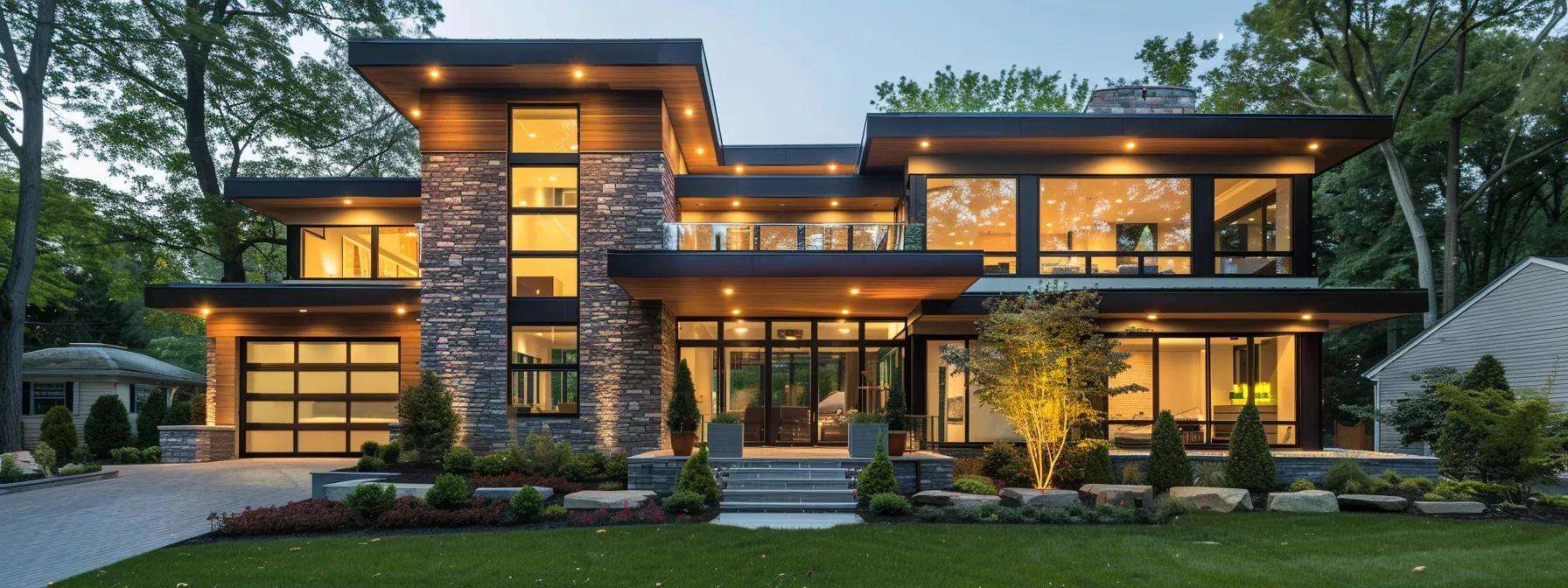
New Jersey residents face a wide array of window options, each with specific benefits that cater to diverse architectural styles and energy requirements. Choosing the right window type means balancing aesthetics, performance, and cost. The selection process should start with an understanding of your home’s needs—are you looking for enhanced energy efficiency, noise reduction, UV protection, or simply a modern update to your façade?
What Are the Most Popular Window Types in NJ and Their Benefits?
The most popular window types in New Jersey include double-hung, casement, sliding, and bay windows. Double-hung windows offer exceptional versatility and ease of cleaning thanks to their sashes that move vertically. Casement windows provide a tight seal when closed, improving energy efficiency in cold climates by reducing drafts. Sliding windows are ideal for wide openings and offer smooth operability with minimal maintenance. Bay and bow windows add architectural interest and increased interior space, creating an inviting ambiance and natural light enhancement. Each type of window offers unique operational and aesthetic benefits; therefore, it is critical to assess your home’s design and functional needs before making a selection. By consulting with professionals, you can determine which style aligns best with your building codes, climate conditions, and design preferences, ensuring that your installation maximizes both beauty and performance.
How Do Energy-Efficient Windows Impact NJ Homes?
Energy-efficient windows incorporate advanced technologies such as low-emissivity (Low-E) coatings, multi-pane glass, and insulated frames to help reduce energy consumption. In a New Jersey climate, where temperatures can be extreme, these windows play a pivotal role in maintaining indoor comfort by reducing heat loss during winter and keeping your home cool in summer. Energy-efficient windows can cut heating and cooling costs by as much as 20–30%, contributing to both environmental sustainability and lower utility bills. Their design often follows Energy Star standards, which are recognized nationally for improved thermal performance. When selecting windows, knowing the energy ratings and U-factors is crucial; lower U-factors indicate better insulation properties. Over time, the upfront cost of higher-quality energy-efficient windows can be offset by significant savings in energy expenses and an increase in your property’s value.
Which Window Brands Are Recommended for NJ Climate and Building Codes?
In New Jersey, certain window brands have distinguished themselves for superior performance, durability, and compliance with local building codes. Trusted names like Pella and Andersen have long-standing reputations for producing windows that withstand harsh weather conditions while offering excellent energy performance. Additionally, brands that offer custom replacement windows, including fiberglass and vinyl options, are popular because they provide a tailored fit for both older homes and new constructions. Look for manufacturers with strong warranties and certified installation practices to ensure long-term satisfaction. At CKG Contractors, Inc., we recommend consulting with professionals who have experience with these brands, as local expertise is invaluable in navigating NJ’s unique building requirements and climatic challenges. High-quality windows from reputable brands ensure that your investment delivers both aesthetic appeal and efficient performance over many years.
What Are the Typical Costs and Budget Considerations for Window Installation in NJ?
Window installation is a major home improvement project that requires careful budgeting. Costs can vary widely based on the window type, materials, energy efficiency features, and the complexity of the installation. Understanding the factors that influence pricing is critical for setting realistic expectations and avoiding unexpected expenses.
What Factors Influence Window Installation Costs in New Jersey?
Several factors determine the total cost of a window installation project in NJ. Key elements include the type of window (e.g., vinyl, fiberglass, wood), the size and style of the window, labor costs, disposal fees for old windows, and any necessary permits or structural modifications. Energy-efficient windows, which come with advanced cooling and heating technologies, may have higher upfront costs yet offer significant savings over time. Additionally, custom replacement windows that need to fit unique architectural features generally command a premium price. Regional cost differences, such as those in North Jersey versus South Jersey, also affect installation expenses. At CKG Contractors, Inc., we provide free estimates to help homeowners understand and manage their costs comprehensively, ensuring that every expense is planned for in your budget.
How Can NJ Homeowners Save Money on Window Installation?
There are several strategies to reduce window installation costs without compromising quality. One effective approach is to seek multiple quotes from certified installers and compare their offerings. Bulk discounts may also be available if multiple windows are being replaced simultaneously. Some manufacturers and contractors offer financing options or seasonal promotions, further reducing overall expenses. Additionally, maintaining your current windows with routine cleaning, sealing, or minor repairs can extend their lifespan and delay the need for a full replacement. Energy-efficient windows, while initially more expensive, can generate cost savings through lower energy bills over the long term. Planning your project during off-peak seasons may also provide opportunities for discounts. As a professional contractor with decades of experience in New Jersey, I will help guide you through the choices and tailor solutions that fit your budget while delivering lasting performance.
What Financing Options Are Available for Window Replacement in NJ?
Financing options for window replacement in New Jersey are increasingly accessible to homeowners. Options include home improvement loans, lines of credit, and specific promotional financing offers from window manufacturers. Many contractors also provide in-house financing solutions to ease the upfront cost burden. Additionally, homeowners may explore government rebates or energy efficiency incentives that offset the cost of installing energy star rated windows. Securing financing at competitive interest rates can make it easier to manage larger projects without compromising on quality. At CKG Contractors, Inc., we work closely with clients to identify the best financing route, ensuring that the project not only meets your performance and aesthetic requirements, but also fits comfortably within your budget.
What Are the Benefits of Hiring Professional Window Installation Services in NJ?
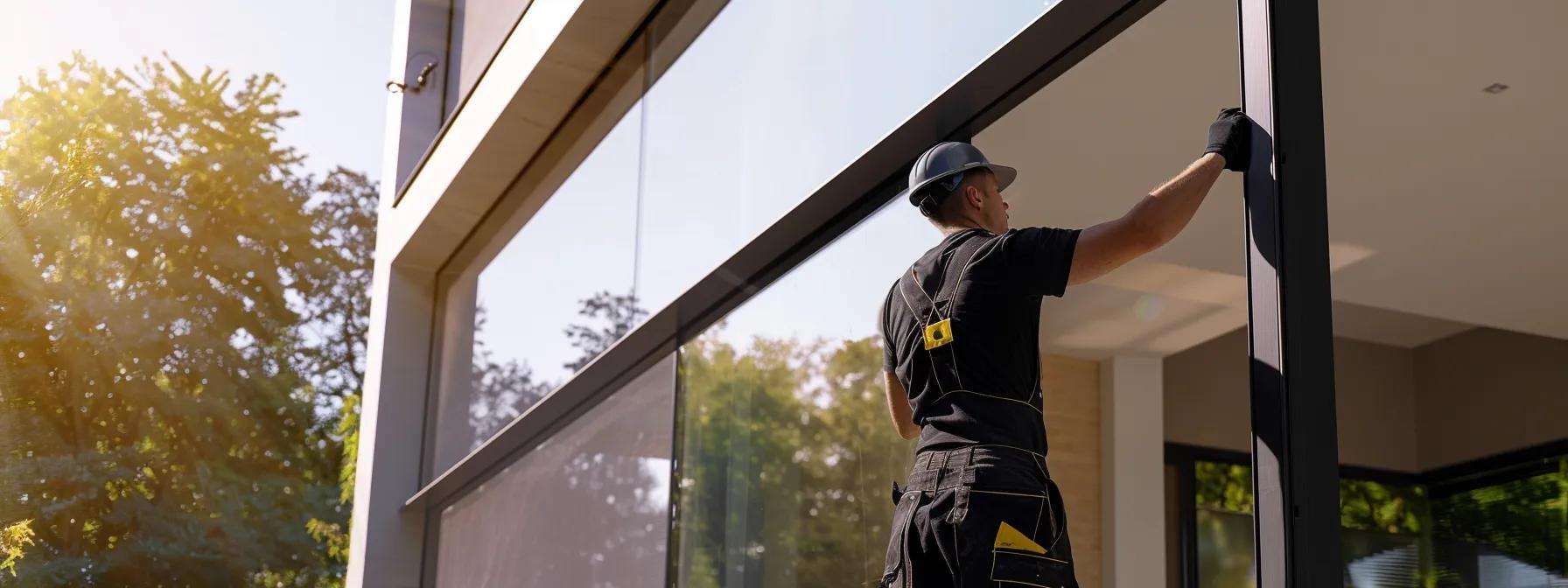
Hiring professional window installation services brings several benefits that extend well beyond simple installation. For NJ homeowners, the expertise of certified installers can mean the difference between a seamless, error-free project and unexpected complications and higher future maintenance costs. Professional installers have a deep understanding of local building codes, weather challenges, and the technical intricacies of modern window systems.
Why Is Local Expertise Important for NJ Window Installation?
Local expertise is critical because professional installers are familiar with the specific challenges posed by New Jersey’s climate and building codes. This knowledge ensures that windows are installed in a manner that provides optimal insulation and durability against local weather patterns, from heavy snowfalls to humid summers. A contractor with local experience is more likely to recognize structural issues and recommend preventative measures that safeguard your home’s integrity. Homeowners who choose local professionals can also benefit from faster response times, personalized service, and more accurate estimates. In turn, the investment in professional services helps to increase your home’s curb appeal and energy efficiency, ultimately adding to its overall value.
How Do Certified Installers Ensure Compliance and Quality Workmanship?
Certified installers adhere to strict industry standards and local building codes, which minimizes the risk of installation errors and potential safety hazards. They follow a systematic process—from initial measurements and material selection to final inspections and clean-up—ensuring that every step meets quality benchmarks. Certified professionals use specialized tools and techniques that guarantee a weather-tight seal, proper insulation, and overall longevity of the installed windows. Moreover, many professional services provide warranties, ensuring that any issues that arise post-installation are promptly addressed. This commitment to quality not only enhances the product performance but also safeguards your investment and peace of mind.
What Customer Satisfaction Guarantees Should NJ Residents Expect?
When hiring professional window installers, NJ residents should expect comprehensive customer satisfaction guarantees. These guarantees often include warranties on both the product and installation service, clear timelines for job completion, and post-installation support such as routine maintenance checks. Reputable contractors like CKG Contractors, Inc. stand by their work with 5-star reviews and industry certifications that reflect their commitment to quality. By choosing professionals with robust satisfaction guarantees, homeowners can reduce the uncertainty of their project, ensuring that any future issues are resolved quickly and effectively. With a dedicated focus on superior customer service and transparent communication, your window installation project is set to be completed smoothly and reliably.
How Can NJ Residents Prepare for a DIY Window Installation?
For the hands-on homeowner, attempting a DIY window installation can be an appealing alternative to hiring professionals, especially if you are seeking significant cost savings. However, it is essential to understand that window installation is a technically demanding project that requires precision, proper tools, and strict adherence to safety protocols. DIY projects might suit straightforward replacement scenarios, provided that you are well-informed and equipped to handle potential challenges.
What Are the Pros and Cons of DIY Window Installation in NJ?
DIY window installation offers benefits such as direct cost savings, increased control over the project timeline, and the satisfaction of accomplishing the work yourself. On the other hand, the cons may include a steep learning curve, the risk of measurement errors, improper sealing, and potential damage to the window opening or surrounding structure. These missteps can lead to energy inefficiencies and higher costs down the line if not executed correctly. Given the complexities of New Jersey building codes and local climate challenges, an inexperienced DIYer might encounter problems that outweigh the immediate savings. Before starting a DIY project, consider your skill level, available tools, and the feasibility of meeting necessary permit and installation requirements. It is advisable to consult with professionals or at least attend a workshop that covers the basics of window measurement, installation techniques, and necessary safety practices.
What Essential Tools and Materials Are Needed for DIY Installation?
A successful DIY window installation project depends on having the right tools and materials before you begin. Essential tools include a reliable tape measure, level, utility knife, pry bar, and caulking gun along with construction adhesive and high-quality silicone caulk. You’ll also require proper safety gear such as gloves, eye protection, and possibly a ladder or scaffolding for higher windows. Additionally, materials such as shims, insulation foam, and flashing tape are necessary to ensure a secure and weather-proof installation. It is crucial to source high-quality replacement windows that come with all the necessary installation components. Preparing these materials in advance will increase the likelihood of a smooth DIY process and reduce the chances of unexpected interruptions. Sometimes investing in the right tool can also save money in the long run by reducing labor costs if you eventually decide to call in professionals for more challenging aspects of the project.
How Do You Follow a Step-by-Step Window Installation Checklist Safely?
Following a detailed, step-by-step checklist is critical when undertaking a DIY window installation project. Start by removing the old window carefully, taking precautions not to damage the surrounding structure. Clean the opening thoroughly and inspect for any signs of moisture or structural issues that should be repaired before proceeding. Next, dry-fit the new window to ensure that it will sit correctly, then apply a high-quality sealant around the opening before inserting the window. Secure the window using shims and screws, ensuring that it is level and properly aligned. Finally, apply insulation foam and flashing to seal any gaps and provide additional weather resistance. Each step involves detailed attention to measurements and safety precautions; hence, referring to a comprehensive window installation checklist designed by certified professionals is highly recommended.
What Are the Most Common Questions NJ Residents Have About Window Installation?
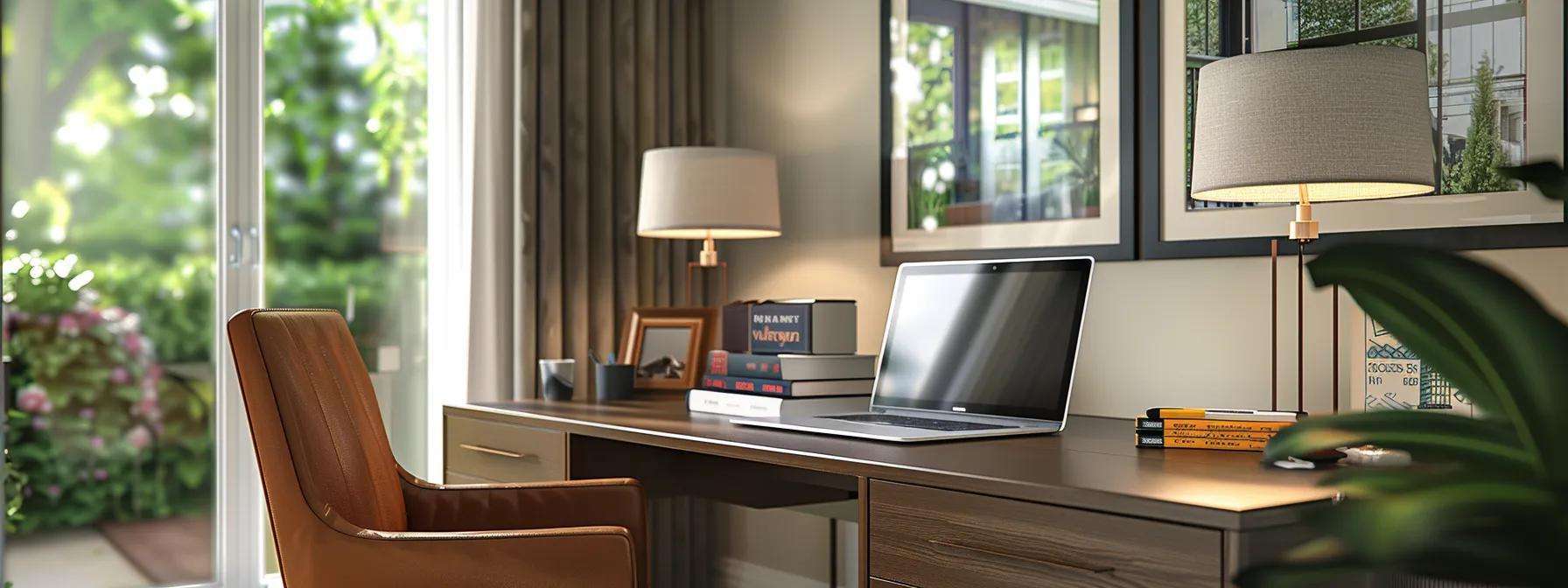
Homeowners naturally have many questions when embarking on a window installation project, especially regarding timelines, energy efficiency, and building codes. Addressing these frequently asked questions ensures clarity and prepares you for a successful project, reducing the stress associated with major home improvements.
How Long Does Window Installation Typically Take in NJ?
The duration of a window installation project in New Jersey typically ranges from one to three days per unit, depending on the complexity of the work, the number of windows being replaced, and whether any structural adjustments are necessary. Simple replacements can often be completed in a day, whereas custom or extensive projects—perhaps involving insulation or repair work in addition to installation—can extend the timeline. Professional installers bundle their efficiency with knowledge of local building codes to optimize the process. It’s critical to schedule your installation during a period with favorable weather and minimal disruption to your daily routine. Knowing an estimated timeframe helps you plan temporary accommodations or workspace adjustments during the project.
What Are the Energy Efficiency Ratings to Look for in NJ Windows?
When evaluating windows for energy efficiency, look for ratings such as the U-factor, Solar Heat Gain Coefficient (SHGC), and Energy Star certification. The U-factor measures how well a window prevents heat loss; the lower, the better. SHGC indicates how much solar radiation passes through the window; here, a lower value is also preferable for hot summers. Energy Star certified windows meet rigorous standards set by the EPA, ensuring proper insulation and energy savings. For New Jersey’s climate, windows with a U-factor of 0.30 or lower and an SHGC between 0.25 and 0.40 are typically recommended. These ratings not only improve your home’s comfort but also decrease your reliance on heating and cooling systems, leading to long-term energy savings.
How Do NJ Building Codes Affect Window Replacement Permits?
NJ building codes are designed to ensure that new window replacements adhere to safety, energy efficiency, and structural integrity standards. These codes affect permit requirements, as any project that involves modifying your home’s structure may require certification from local authorities. Building codes specify requirements for egress windows, insulation values, and even installation methods to guarantee that the new windows perform safely under local weather conditions. Homeowners need to work with a contractor familiar with these regulations to avoid costly fines or delays. Inaccurate installation that does not meet code can lead to issues during home resale and might even compromise insurance coverage. Therefore, it is essential to verify all permit requirements and consult with professionals before starting your project.
How Do NJ Climate and Local Conditions Affect Window Installation Preparation?
The climate in New Jersey, with its distinct seasons and variable weather conditions, plays a critical role in window installation. Local conditions such as humidity, temperature extremes, and precipitation influence both the installation process and the long-term performance of your windows. Preparing adequately for these factors ensures that your windows remain leak-proof, energy efficient, and durable over time.
What Weather Factors Should NJ Homeowners Consider Before Installation?
Before scheduling a window installation, NJ homeowners should closely consider current and forecasted weather conditions such as temperature, humidity levels, and the likelihood of rain or snow. Extreme temperatures can affect the adhesion of sealants and caulking, while high humidity can slow down the drying process and lead to improper curing. When planning your project, avoid periods of heavy rain or snow, as moisture can interfere with proper installation and lead to potential future water damage. By aligning your project timeline with favorable conditions, you help ensure a successful installation process and a more secure, energy-efficient final product.
How Does Proper Sealing and Insulation Improve Window Performance in NJ?
Proper sealing and insulation are crucial for maintaining optimal window performance, particularly in New Jersey’s diverse climate. High-quality sealants, flashing, and insulation foam work together to prevent air leakage, water infiltration, and energy loss. When windows are installed with precise insulation around the frame, they enhance thermal efficiency, reduce drafts, and lower heating and cooling costs. Inadequate sealing, on the other hand, can result in moisture buildup, reduced energy efficiency, and compromised structural integrity over time. Ensuring that every gap is filled and that the window is completely sealed is an essential step in your installation checklist that not only prolongs the life of your windows but also contributes significantly to your home’s overall comfort and energy savings.
What Seasonal Timing Is Best for Window Installation in New Jersey?
The optimal timing for window installation in New Jersey is during the spring or fall when temperatures are moderate and humidity levels are relatively low. These periods provide the best conditions for sealant curing and general installation work. Winter may present challenges related to freezing temperatures that can compromise adhesive performance, while the summer heat can lead to rapid drying and possible gaps in the seal if not managed correctly. Planning the project during a season with stable and moderate weather helps ensure a quality installation process, which is especially important when considering your home’s long-term energy efficiency and durability.
Detailed Cost and Technical Comparison Table
Before moving on to the FAQs, here’s a comprehensive table comparing various window types, key features, and benefits to help you decide which option best meets your needs.
The table below summarizes major window attributes specifically tailored for NJ homeowners, providing practical data to support your decision-making process.
The summary table above illustrates a range of window types along with their technical specifications and benefits. Comparing these details gives NJ homeowners the insight needed to select windows that balance energy efficiency, cost, and aesthetic appeal.
Frequently Asked Questions
Q: What is the most critical step in preparing your home for window installation? A: The most critical step is accurate measurement and assessment of your window openings, as any errors here can lead to improper fitting and reduced energy efficiency. Besides ensuring measurements are taken at multiple points, you must also inspect the condition of the openings for rot or water damage. This upfront diligence helps avoid complications during installation and ensures a durable, well-sealed final product.
Q: How do building permits affect window installation projects in New Jersey? A: Building permits are an essential part of the window installation project in NJ because they ensure your project complies with local building codes and safety standards. Failing to secure the necessary permits can result in fines and delays, and sometimes, substandard work that may need redoing. Local contractors or certified installers usually handle permit applications efficiently as part of their service package, ensuring all aspects of the work meet regulatory requirements.
Q: Is DIY window installation a cost-effective approach for NJ homeowners? A: While DIY window installation may appear cost-effective by saving on labor expenses, it comes with risks such as potential measurement errors, improper sealing, and non-compliance with building codes. These pitfalls can lead to additional repair costs and energy inefficiencies that might outweigh the initial savings. For many NJ homeowners, professional installation not only ensures a proper fit and performance but also offers warranties and post-installation support, making it a worthwhile investment in the long run.
Q: What financing options are available to manage the costs of window replacement in NJ? A: NJ homeowners have several financing options for window replacement projects. Common options include home improvement loans, lines of credit, contractor-specific financing programs, and promotional financing from window manufacturers. Additionally, there are often government rebates and energy efficiency incentives that can help offset costs. It’s beneficial to consult with a professional contractor who can guide you through these options while providing a free estimate tailored to your needs.
Q: How do energy-efficient windows contribute to long-term cost savings? A: Energy-efficient windows significantly reduce heat loss during winters and minimize heat gain in summers, resulting in lower energy bills for heating and cooling. Over time, these savings can add up, making the higher initial investment in quality windows worth it. Furthermore, improved insulation contributes to a more comfortable indoor environment, and enhanced performance ratings, such as low U-factors and SHGC values, ensure reduced energy consumption even during extreme weather conditions.
Q: What precautions should be taken during a DIY window installation project? A: If you pursue a DIY window installation, it’s crucial to organize all required tools and materials beforehand, carefully follow a detailed installation checklist, and observe safety protocols. Precautions include working with a trusted guide on proper measurement techniques, using quality sealants and insulation materials, and ensuring the project complies with local building codes. Ultimately, even if you start DIY, consulting with a professional for a final inspection can help avoid potential issues.
Q: How does proper sealing impact the performance of windows in NJ homes? A: Proper sealing is paramount because it prevents air leaks and moisture infiltration, which directly improves the thermal efficiency of your windows. In New Jersey’s variable climate, good sealing ensures that your home remains comfortably insulated, reducing energy consumption and minimizing the risk of water damage. High-quality caulking and insulating foam create a continuous barrier, enhancing your windows’ longevity and overall performance.
